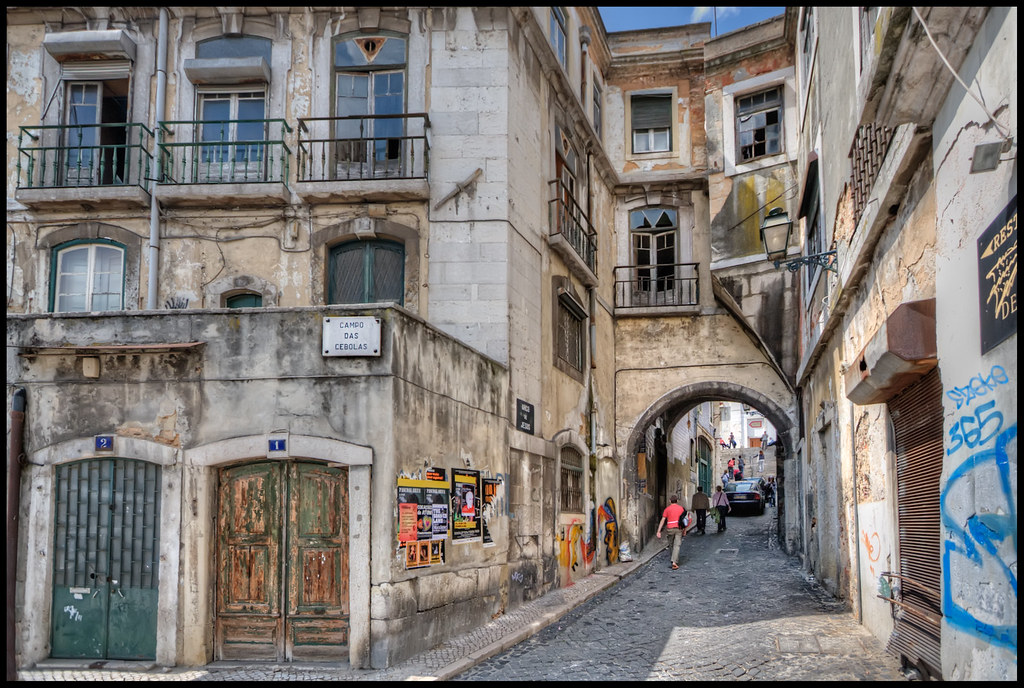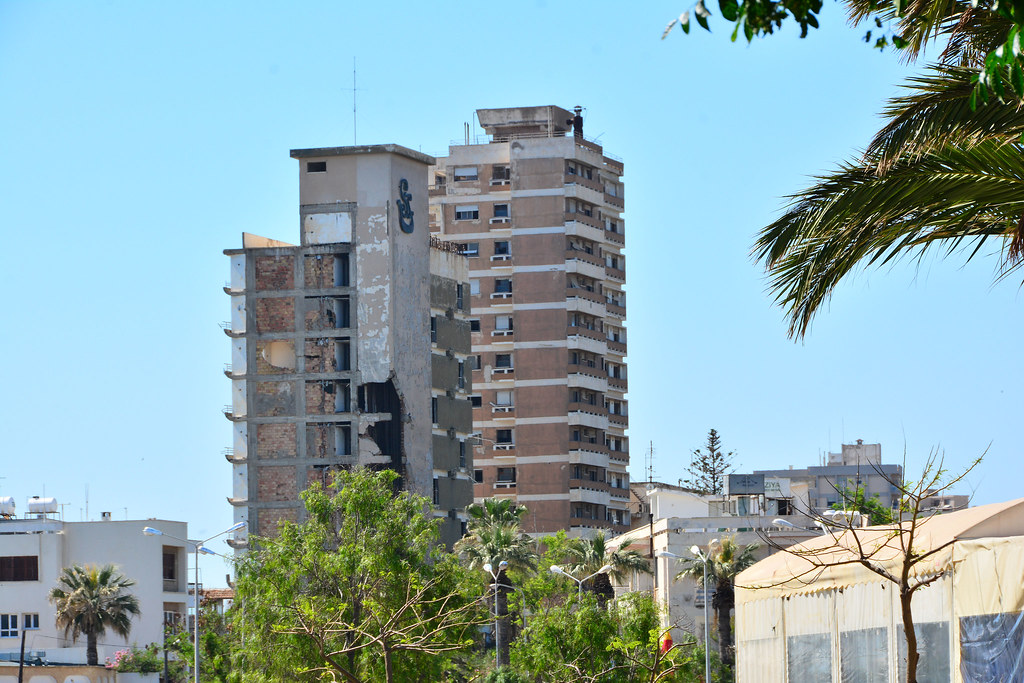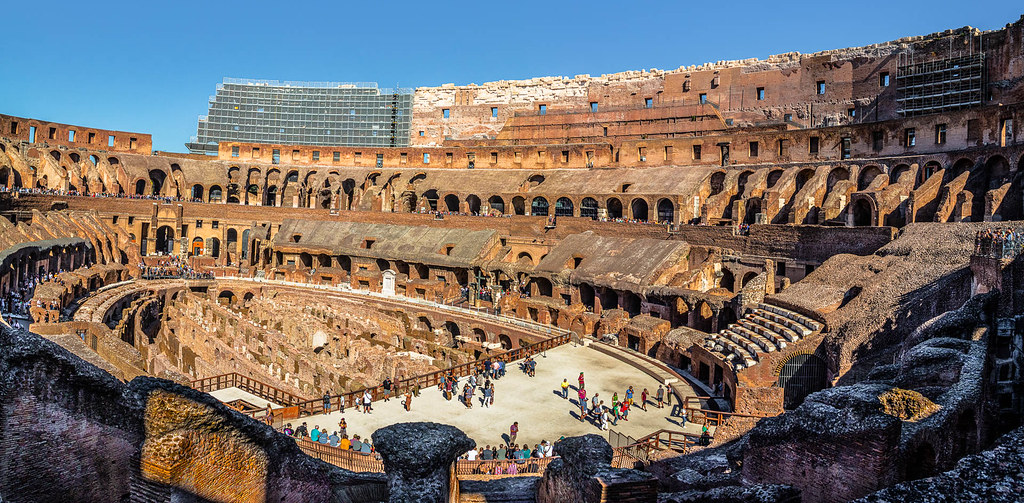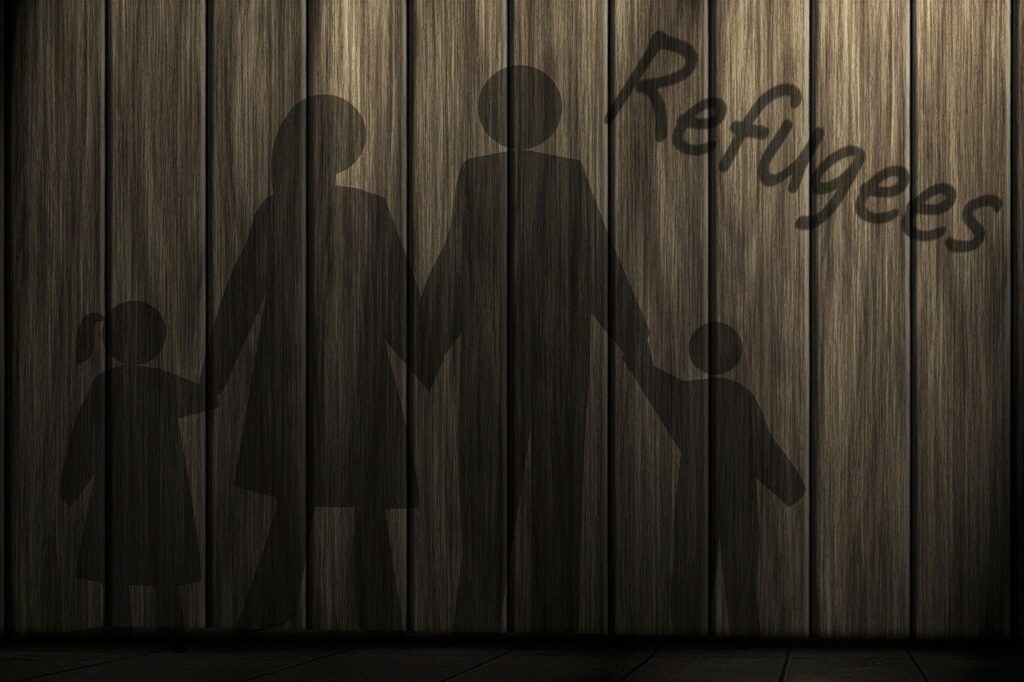Paris in the 1920s was a beacon of culture, art, and knowledge, attracting creative people from all over the world. This era of Hemingway and Fitzgerald, jazz, and the pleasures of life made the City of Light the undisputed center of the cultural world. Fast forward a century, and the pursuit of a modern era comparable to that golden age brings to mind an interesting question: Where are the cultural centers of today? What is the ‘place of occurrence’ in our era? Enter Lisbon, Portugal, a city hailed by some as the ‘Paris of this century’, a hub for ‘experimental creativity, luxury parties, free drug laws, and affordable housing’. But is it really the new Paris, or is it something unique to itself?
The Contrast between Bethesda and Lisbon
When I bid farewell to Bethesda, Maryland, where rows of suburban residences and clearly no cultural hotspots existed, I couldn’t help but reflect on the stark contrast between this and my experience in Lisbon. Despite its wealth and status, Bethesda lacks the vitality and cultural products that truly make a city vibrant. This is a place close to the school, not a café, market, or cultural venue. In contrast, Lisbon offers a rich experience, from the passionate melodies of Fado bars that tell stories of love and loss, to the vibrant streets that foster a creative future while embracing history.

Lisbon’s Appeal and Challenges
The appeal of Lisbon is undeniable. In this city, lights dance on ancient buildings, and every corner seems to have a story. The reverence for writers and poets is evident. Here, people can aspire to become music producers during the day and socialites at night. Pursuing a vibrant and fulfilling life is not just a dream, but a tangible reality. The creative culture of this city has nothing to do with the hustle and bustle; it is about passion and the pursuit of an interesting life. This is a place where culture thrives in cracks, reminiscent of London or New York, with ruthless creativity, secret viewing spots, legendary street food, hidden bars, and countless discoveries waiting in every corner.
But can Lisbon truly be called the ‘Paris of this century’? This is a question worth pondering. We romanticize Paris in the 1920s through a nostalgic perspective, just like the Soledad I felt at the Fado Club in Lisbon. However, this comparison may not be entirely fair. Paris in the 1920s was a haven for the post-war ‘lost generation’, where artists could live cheaply and create freely. Although Lisbon is still cultivating a creative atmosphere, it faces challenges from rising costs and the influx of digital nomads, which may change the structure of the city’s art community.
Furthermore, the comparison with Paris overlooks the unique qualities that make Lisbon stand out. This is not just about becoming a cheaper alternative to other major cities; it is about the essence of Lisbon itself – its way of embracing diversity, its way of encouraging self-expression, and its way of becoming a melting pot of culture and language. This is about the city’s ability to provide a high standard of living while still maintaining enough courage to keep it attractive.

As I prepared to leave Bethesda and start a new chapter in Barcelona, a vibrant and connected city, I couldn’t help but compare Lisbon’s vibrant scene to it. The ability to walk to everything, be close to the treasures of Europe, and the promise of a life full of cultural experiences are all summoned. However, the question still remains: Will Lisbon – or any city – truly replicate the magic of 1920s Paris? Or is it that every city becomes a cultural center that reflects its zeitgeist in its own time and way?
Perhaps this is not about finding the next Paris, but about recognizing and celebrating the unique cultural contributions of cities like Lisbon. As we navigate through a constantly changing world, the exploration of modern cultural sanctuaries continues, and Lisbon is at the forefront as a city that captures imagination and inspires the soul.
Related posts:
Paris in the 1920s vs. Lisbon today
Art, Wine, Food And Friends Is The Best Way To Spend A Day
When Hemingway Was a Young Fisherman in Michigan





